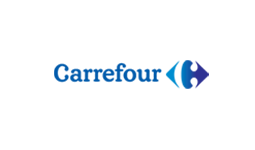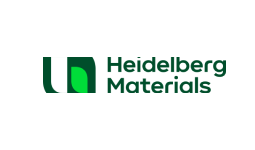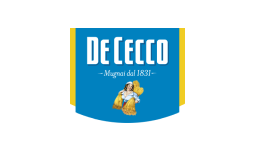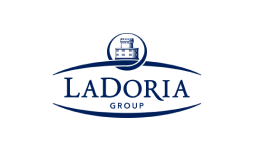Mandatory Electronic Invoicing in Croatia
Learn how to get your company ready to exchange documents in accordance with regulations in Croatia with the support of Comarch
Learn how to get your company ready to exchange documents in accordance with regulations in Croatia with the support of Comarch


By the EU Directive 2014/55 and in relation to the law on electronic invoices in public procurement in Croatia, since 2018, public institutions have been obliged to be able to receive and process e-invoices. From July 1, 2019, this obligation was extended, and all suppliers offering goods or services to public entities are required to issue invoices in electronic form.
Invoices are exchanged via the central platform Servis eRačun za državu. The platform serves as a connection point for all participants and helps to provide standardized e-invoices. This platform is also integrated with the Financial Agency (FINA), which is Peppol's access point, thanks to which it is possible to send e-invoices to public administration via this network.
Electronic invoicing for B2B transactions is still voluntary but strongly recommended. However, based on the "Fiscalization 2.0 Project", it is planned to introduce mandatory exchange of invoices in electronic form between entrepreneurs. The model chosen by the Croatian government assumes that e-invoicing is based on the government's e-Račun platform and external e-invoicing partners.

The Croatian Ministry of Finance applied for an EU VAT directive derogation decision back in September 2023. Such a decision is necessary since the current shape of the directive prohibits member states from implementing pre-clearance invoicing systems, such as the planned Croatian one. With the application, the Ministry aims to introduce the domestic transaction electronic invoicing at the beginning of 2026.

Invoices are exchanged via the central platform Servis eRačun za državu. The platform serves as a connection point for all participants and helps to provide standardized e-invoices. That platform is also connected to Peppol therefore electronic invoices can be sent in such way.

Accepted format for e-invoicing is UBL 2.1 or CII.

Required storage period is 11 years after end of financial year.

To ensure integrity and authenticity any method is allowed, for instance: Qualified Electronic Signature as a one of example.

We have 20+ years of experience in carrying out various EDI, e-invoicing, and other document exchange projects around the world. In those years, we have successfully connected more than 130,000 entities from over 60 countries.
Full compliance with the latest data exchange regulations and modern data transfer standards
Applying new technologies and IT solutions in order to streamline workflows and automate activities and procedures
Tailor-made solutions based on processes specific to each company – own road map and a suitable pace of changes
Highest level of security for all sensitive and important company data
If your company is based or has branches in the Croatia and you need to prepare your billing and tax systems to comply with the new requirements. Click on the button below to get in touch with one of our experts.

To learn the e-invoicing requirements for a specific country, click on its flag and access the relevant information.
Make sure your business meets international standards with the Comarch e-Invoicing platform, trusted in more than 60 countries. Enjoy hassle-free integration and continuous compliance updates.
























